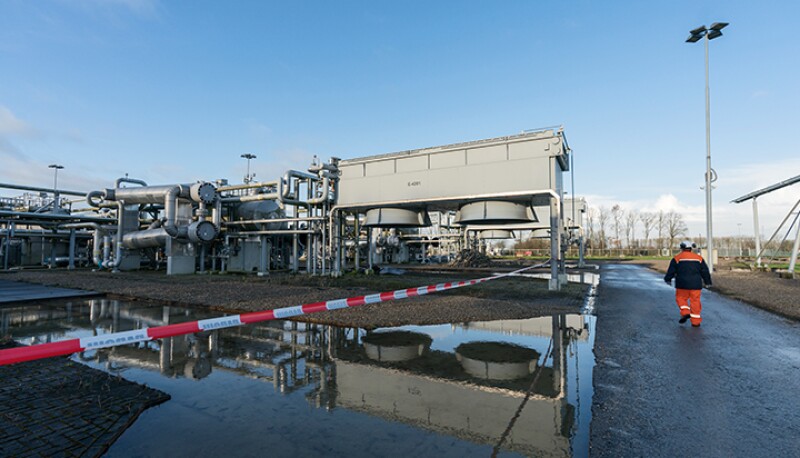Shell chief executive Ben van Beurden told a Dutch parliamentary panel investigating natural gas production problems at the Groningen gas field that the company should have pulled out of the project earlier, according to a Reuters report released 13 October.
Production at Groningen was scaled back more than a decade ago after earthquakes in the area that occurred in the late 1980s were officially linked to gas extraction from the supergiant gas field.
Discovered in 1959, the field is run by Shell and ExxonMobil joint venture NAM.
"We had to continually ask what makes sense," as production was dialed back to levels at which NAM made little to no profit, Van Beurden told lawmakers.
"What made sense for Shell was to quit. In any other country we would have stopped this operation. But in the Netherlands that was impossible because the Netherlands was dependent on Groningen gas."
In March 2018, the Dutch government announced production would be phased out by 2030 to reduce the safety risks associated with the earthquakes.
Three years later, in November 2021, government officials announced that output at Groningen would be cut by more than 50% to 3.9 billion cubic meters in the year through October 2022, and would be the last year of regular production from the field.
Starting 1 October, The Netherlands’ Prime Minister Mark Rutte's government capped Groningen production at 2.8 Bcm in the year, roughly 7% of annual domestic consumption in the Netherlands. That compares with 42.5 Bcm in 2014, according to Reuters.
As gas prices skyrocketed following Russia's invasion of Ukraine in February, Rutte has said production at the field could only be increased again if households face a physical shortage.


